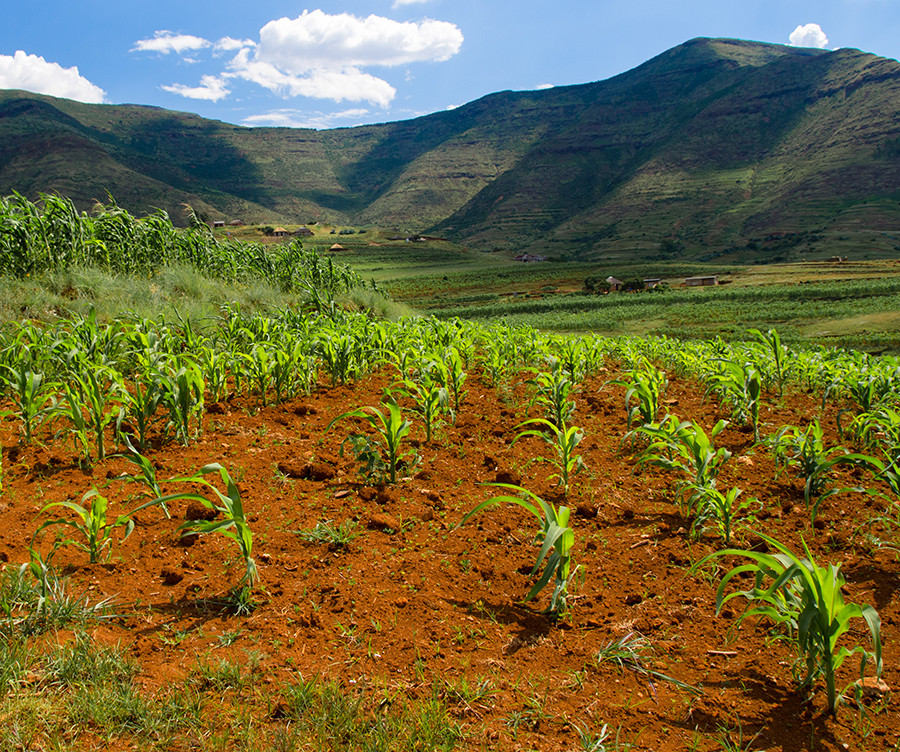The African Development Bank (AfDB) is extending a US$2mn partial trade credit guarantee to Kenyan firm Apollo, expanding the technology provider’s financing to farmers for purchases of fertiliser.
The agreement also includes a grant of just under US$220,000 to Apollo, as well as a contribution of US$10.15mn to the Africa Fertiliser Financing Mechanism – a fund administered by AfDB that provides financing solutions to improve agricultural productivity.
Apollo’s digital platform connects farmers seeking fertiliser and other farming inputs with hundreds of suppliers and agents, and can extend credit to buyers that is only repaid after produce has been harvested and sold.
AfDB says the agreement will help bring as much as 8,000 tons of fertiliser to 100,000 smallholder farmers over the next two years.
The development bank describes the project as a “significant step to advance food security in Kenya”, with smallholder farmers often lacking the collateral required to secure financing for fertiliser purchases.
“The credit risk guarantee also provides finance directly to smallholder farmers at the last mile of delivery,” says Marie Claire Kalihangabo, coordinator of the Africa Fertilizer Financing Mechanism. “It offers fertiliser, certified seed crop protection, and insurance against crop failure.”
Nnenna Nwabufo, director general of AfDB’s East Africa regional office, adds the support “will ensure long-term private sector engagement in financing fertiliser”.
Apollo has already started implementing the project in Bungoma and Uasin Gishu counties in the west of Kenya, focusing on the production of maize.
Kenya’s fertiliser market is backed by a government subsidy programme, and its Vision 2030 strategy identifies agriculture as a key driver of economic growth as well as food security.
Peter Owoko, policy director at the country’s Ministry of Agriculture and Livestock Development, said upon the launch of the project with Apollo that the subsidy programme aims to support the provision of 12.5 million tons of fertiliser to farmers during this year’s cropping seasons.







